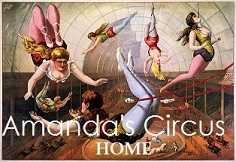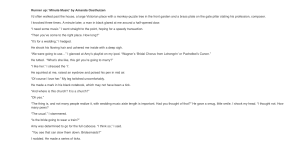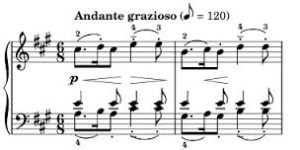‘Minute Music’ Runner-up in the Writers & Artists Short Story Competition
Well I never, my story, ‘Minute Music’, was placed second runner-up in the Writers and Artists Yearbook competition. I am very surprised, particularly since they had 3,000 entries. Thank you to the W&A readers, what a lot of stories to read.e ten of us. Yay! Good news! I’ve pasted Roshi Fernando’s feedback at the end of this post along with a link to the story in case you’d like to read it. Here’s a screenshot of the beginning:
The theme was ‘the visit’ which is flexible enough to include many stories one might have stashed away in the deepest forgotten gullies of one’s hard drive. As luck had it, I found a story that fitted exactly and that hadn’t been excessively exposed to the world. I wrote Minute Music nearly six years ago as an online exercise but it was a much longer story then. I’ve just checked the various word counts. Originally it was 3,192 words and specifically for the W&A competition, I cut it down to just under 2,000. That’s a pretty huge cut and it wasn’t easy to do but it was quicker than writing a new story. I’m entrenched in a novel rewrite and didn’t have time to work on something fresh. I guess I got rid of a lot of dead matter in the process, and presumably, it became clearer.
The story is about a guy who has decided to impress his girlfriend by sorting out their wedding music. He goes to a composer who has a specific way of selling his music and is most particular about its performance. The composer is an organist. I once knew an organist who had the floor of his house lowered and the ceiling raised so that he could install a full pipe organ into one of the rooms. Yes, he was single. He lived in a big house in an overgrown garden. I was thinking of this organist chap as I wrote. He was eccentric, and was often to be seen in the middle of nowhere dressed in his ubiquitous black suit, shambling through the countryside on his rickety bicycle. He was a lovely man and a brilliant, dedicated musician but not ever someone with whom you might have a conversation, he’d walk off while you were talking. I have given him a more dogmatic voice in the story but I’ve had to edit out all the interesting pipe organ detail!
Anyway, as I mentioned, my fictional composer is most particular about the performance of his work. As a musician, it’s a topic I’m interested in. We’re obsessed with following the written score. We do our utmost to be absolutely precise and correct. A slack approximation will not do. We are taught from our earliest lessons not to get all creative with the dots. And that goes for tempo too. If it says Allegro, don’t think you can get away with playing it like a dirge just because it’s a bit tricky. If it’s Largo don’t think you can cheer us up by playing it all chirpy. It’s all about discipline. Of course the very best of musicians are those who can be intensely imaginative whilst being deadly accurate.
Composers, particularly contemporary composers, are very often extraordinarily specific as to how they want a piece played. In some cases you wonder what the hell they’re playing at. Do they really want me to take the headjoint off my flute and blow into the body and buzz as if I’m a trumpeter? Madness! Is it really necessary for me to walk in front of the contra bassoon and blow a top B up its bell (ok I made that one up but you catch my drift). Actually, no, I love it when composers request some extreme technique. It’s fun. But they are a really particular breed, and since they rely on a bunch of musicians to produce a work of imagination, they must be precise. In Minute Music, I’m taking metronome markings to the extreme. For the uninitiated, a metronome marking is the direction at the top of the piece that tells us how many crotchets (or quavers etc) to play per minute. For example crotchet=156 means 156 crotchet beats per minute. In the example above quaver=120 is 120 quavers per minute i.e. 2 quaver beats per second. Basically they’re a guide. But my composer, who is nameless in the story, has the wedding market pretty much taped up and knows precisely how long his pieces will last, which is a bit of a shock to the guy who has come to this rather mysterious house to sort his wedding music and reflect on the biggest decision of his life.
Feedback from Roshi Fernando:
This too was an original concept, written with glimmers of humour which informed the depth, texture and solidity of the writing. A man goes to see a composer to buy some music for his wedding and a deep discussion is entered into, which seems to encompass all aspects of life. The structure of the story is complex, with many perspectives referred to at the same time: but the writer handles these effortlessly. This story struck me as being by someone who really does read. The writer absolutely understood how to write with a spare touch, while informing the texture of the story with interesting detail which made it feel real. I thoroughly admired this story. However, again, the ending needs to be worked on: a final editing would have made it perfect.
If you would like to read the story it’s here:
And here’s a screenshot of all the comments:






You’re on a roll, Amanda. Well done! Must be great to be a musician too – enriching for your writing
Thank you, Valerie. Weird isn’t it? Mostly woodwind teaching these days, but yes, you’re right, it’s a source and also a productive time-out.
Gorgeous story — loved it, well done.
Thanks, Tracey. What a lovely surprise!